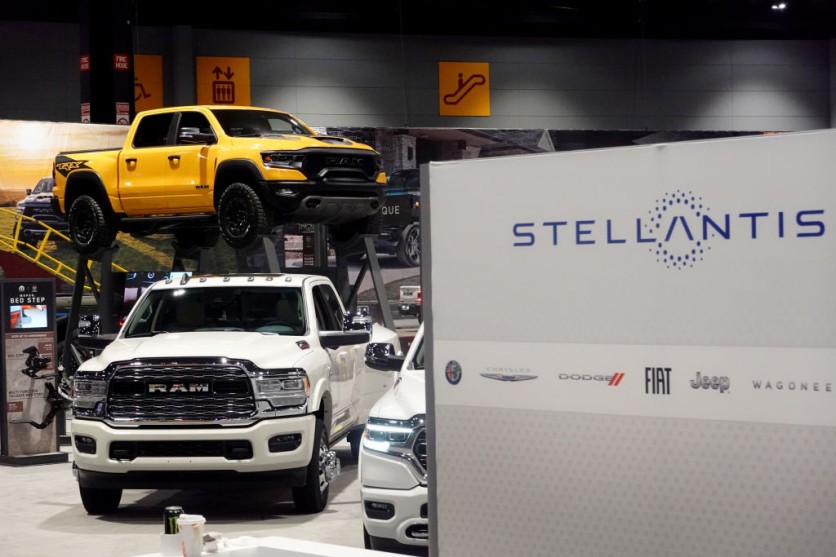Jeep and Ram's parent company, Stellantis, is considering a strategic relationship with a Chinese electric vehicle (EV) maker, similar to Volkswagen's strategy.
The automotive manufacturing firm is reportedly contemplating working with a Chinese EV manufacturer and adopting an EV platform from China to increase its brand's presence in the world's biggest electric car market. However, there is no final agreement yet, according to a report from Investing.
Zhejiang Leapmotor Technologies (Leapmotor) is one of the prospective partners Stellantis is considering, according to Electrek. It comes weeks after reports that Volkswagen was in talks to buy a certain version of Leapmotor's EV platform for its Jetta brand. Although information is still scarce, the Volkswagen Leapmotor partnership is predicted to be more akin to the Audi-SAIC partnership than the XPeng agreement.
Taking Cues from Volkswagen's Moves
In July, Volkswagen made a significant commitment to the Chinese EV industry when it committed $700 million to acquire a 4.99% share in XPeng.
Volkswagen plans to launch two new electric cars on the market using XPeng's Edward platform, which is used in models including the G9 and P7. Audi announced a cooperation with SAIC to accelerate EV research in the area and deliver customized electric goods.

Tavares had already declared the end of production at Stellantis' lone Jeep facility in China and had considered ceasing all automobile manufacture there. The strategy of Tavares garnered support when he said in July that competitors like Volkswagen and General Motors are facing difficulties in China as they negotiate price reductions to preserve competitiveness.
China's Significance in the EV Market
Stellantis distributes Peugeot and Citroen automobiles in China via a joint venture with Dongfeng Motor Group Co, per Automotive News. The newly appointed Stellantis, CFO Natalie Knight, stressed the importance of China in the electric car transition and the need to understand market dynamics.
According to the China Association of Automobile Manufacturers, the world's biggest EV market sold 535,000 battery electric automobiles in June.
Exploring a Chinese EV alliance shows the global automobile industry's rising interest in the area. Partnerships and collaborations have become popular ways for automakers to develop inside the second-largest economy in the world while navigating the complexities of the environment. Volkswagen's $700 million investment in Xpeng Inc. and proposal to jointly develop electric automobiles in China illustrate this trend.


![Apple Watch Series 10 [GPS 42mm]](https://d.techtimes.com/en/full/453899/apple-watch-series-10-gps-42mm.jpg?w=184&h=103&f=9fb3c2ea2db928c663d1d2eadbcb3e52)


